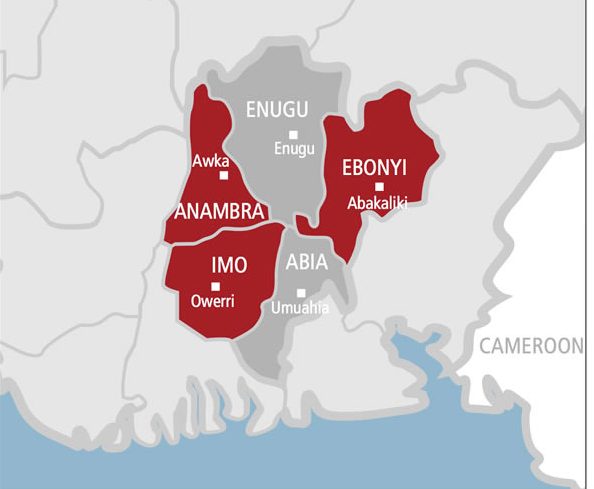Sir Ifeanyi Ejiofor, a prominent human rights lawyer and lead counsel for the Indigenous People of Biafra (IPOB), has revealed a harrowing series of assassination attempts targeting him due to his unwavering advocacy for the group. These attacks, orchestrated by both state and non-state actors, occurred on December 2, 2019, June 6, 2021, and September 21, 2021. Ejiofor’s commitment to defending IPOB agitators, often pro bono, stemmed from his belief that they were being unjustly persecuted for expressing their grievances legally. His involvement began in 2015 when he accepted the case of IPOB leader Nnamdi Kanu, a case many senior lawyers reportedly refused due to fear of reprisal.
Ejiofor’s initial involvement with IPOB centered on securing the release of its members who he believed were being wrongfully detained. He took on Kanu’s case pro bono, recognizing Kanu’s personal sacrifices for the Igbo cause and feeling compelled to contribute in kind. He successfully secured Kanu’s release from detention in April 2017. However, this victory was short-lived. In September of the same year, state actors raided Kanu’s home, resulting in the deaths of several individuals present, and forcing Kanu to flee the country. Following Kanu’s escape, Ejiofor became the new target.
The first attack on Ejiofor’s life occurred on December 2, 2019, instigated by an individual from his hometown of Oraifite. A more brutal attack followed on June 6, 2021, resulting in the death of his assistant, whose body was taken by the assailants. The case related to this incident is currently ongoing in court. A third attempt on his life occurred in September 2021, leaving his car riddled with bullets. Despite these repeated attempts on his life, Ejiofor attributes his survival to divine intervention. He sees his 50th birthday celebration as a testament to his resilience and expresses profound gratitude for his continued existence.
Ejiofor believes the actions of Simon Ekpa, a Finland-based separatist agitator, significantly damaged the IPOB cause and provided justification for the Court of Appeal’s recent decision to uphold the designation of IPOB as a terrorist organization. He argues that Ekpa’s activities, including inciting violence, kidnapping, and other criminal acts, have undermined public trust in the Biafran independence movement. Ejiofor contends that prior to Ekpa’s rise, there was widespread support for the movement amongst the Igbo population, with many proudly displaying IPOB regalia. However, Ekpa’s actions have tarnished the movement’s image, turning public opinion against it.
Ejiofor’s criticisms of Ekpa are not recent. He publicly challenged Ekpa’s legitimacy and even initiated legal proceedings against him. At the time, his warnings about Ekpa’s detrimental influence were met with resistance and accusations of betrayal from some within the movement. However, Ejiofor maintains that Ekpa exploited the vacuum created by Kanu’s arrest, manipulating IPOB members and Igbo youths into committing criminal acts, which were then erroneously attributed to the entire IPOB organization. He stresses the importance of differentiating between IPOB’s original aims and the criminal activities of Ekpa and his “Biafra in exile” group.
The lawyer lamented that Ekpa’s actions have drastically altered the landscape of the Biafran independence movement. He believes that conducting a referendum on Biafran independence now would likely yield unfavorable results, as the public associates the movement with the violence and criminality instigated by Ekpa. He emphasizes the inherent contradiction in claiming to fight for freedom while simultaneously terrorizing the very people one claims to represent. Ejiofor concludes that Ekpa’s actions have not only undermined the struggle for Biafra but also provided justification for the Court of Appeal’s affirmation of IPOB as a terrorist organization, making it exceedingly difficult to challenge this designation in court.


